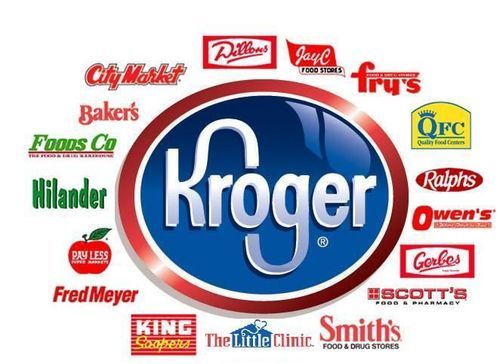CVS Case Study
In July 2011, CVS and the Rhode Island Civil Liberties Union (ACLU) entered into a voluntary settlement addressing the ACLU’s complaint challenging CVS’s use of a pre-hire questionnaire that the ACLU claimed could have a discriminatory impact on people with certain mental impairments or disorders.
The CVS questionnaire contained statements to which applicants were required to respond, including: “You change from happy to sad without any reason,” “You get angry more often than nervous,” “Your moods are steady from day to day,” and “There’s no use having close friends; they always let you down.”

Responding to a complaint filed by the ACLU, the Rhode Island Commission for Human Rights had issued a finding in February 2011 that there was "probable cause" to believe that the questionnaire used by CVS violated state anti-discrimination laws that bar employers from eliciting information that pertain to job applicants' mental or physical disabilities.
Although employers may legally ask questions designed to help determine an applicant’s personality or aptitude for a job, the ACLU’s complaint argued that questions found in the CVS pre-offer assessment “could have the effect of discriminating against applicants with certain mental impairments or disorders, and go beyond merely measuring general personality traits.”
Pursuant to the settlement agreement, CVS agreed to permanently remove the questions at issue from its online application.
Kroger/Kronos
The EEOC has been engaged in litigation for more than five years with Kroger and Kronos, a company that develops and administers the pre-employment assessment used by Kroger. The litigation has included two appellate court decisions; however, notwithstanding the length of the litigation, substantive issues relating to the assessment have not yet been put in front of the court. The decisions to date have involved discovery issues, actions relating to the scale and scope of information sought to be obtained from Kroger and Kronos by the EEOC.

The case involves Vicky Sandy, who in 2007 was turned down for a cashier job at a supermarket in West Virginia after taking a 50-question test that asked her to rate the degree to which she was self-confident, always cheerful, and tried to sense what others thought and felt. The test was meant to predict whether Ms. Sandy, who is hearing and speech impaired, would be friendly and communicate well with customers. She scored 40%.
A post-test report said that she was less likely than other potential applicants to "listen carefully, understand and remember" and suggested the job interviewer listen for "correct language" and "clear enunciation," court documents say. Suggested interview questions included "Describe the hardest time you've had understanding what someone was talking about."
Ms. Sandy, who was not hired for the position, filed a complaint with the EEOC alleging she had been discriminated against because of her disability.
Pending Challenges
There are several challenges to the use of pre-employment assessments that have been filed recently with the EEOC and the Office of Federal Contract Compliance Program. The filings are not yet public, but argue that the FFM-based pre-employment assessments at issue are illegal medical examinations and that their use screens out individuals with mental disabilities in violation of the ADA.
No comments:
Post a Comment
Because I value your thoughtful opinions, I encourage you to add a comment to this discussion. Don't be offended if I edit your comments for clarity or to keep out questionable matters, however, and I may even delete off-topic comments.